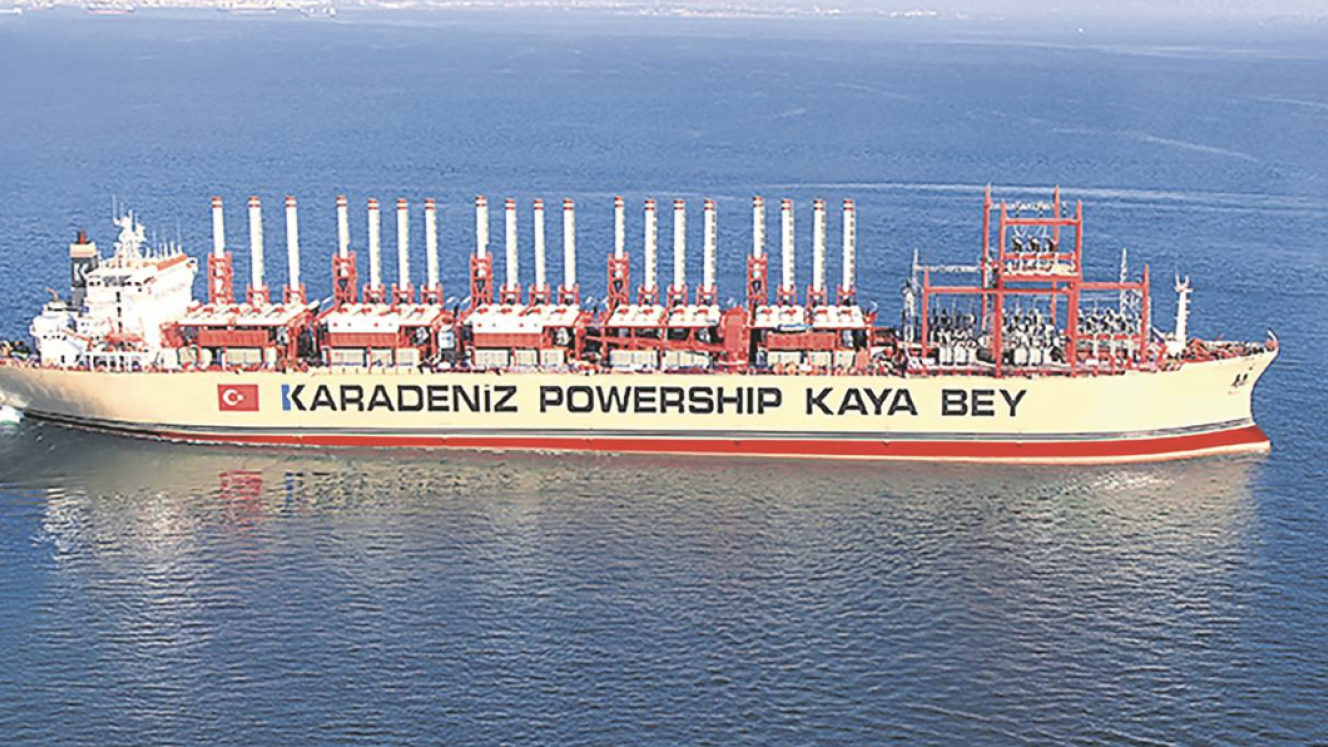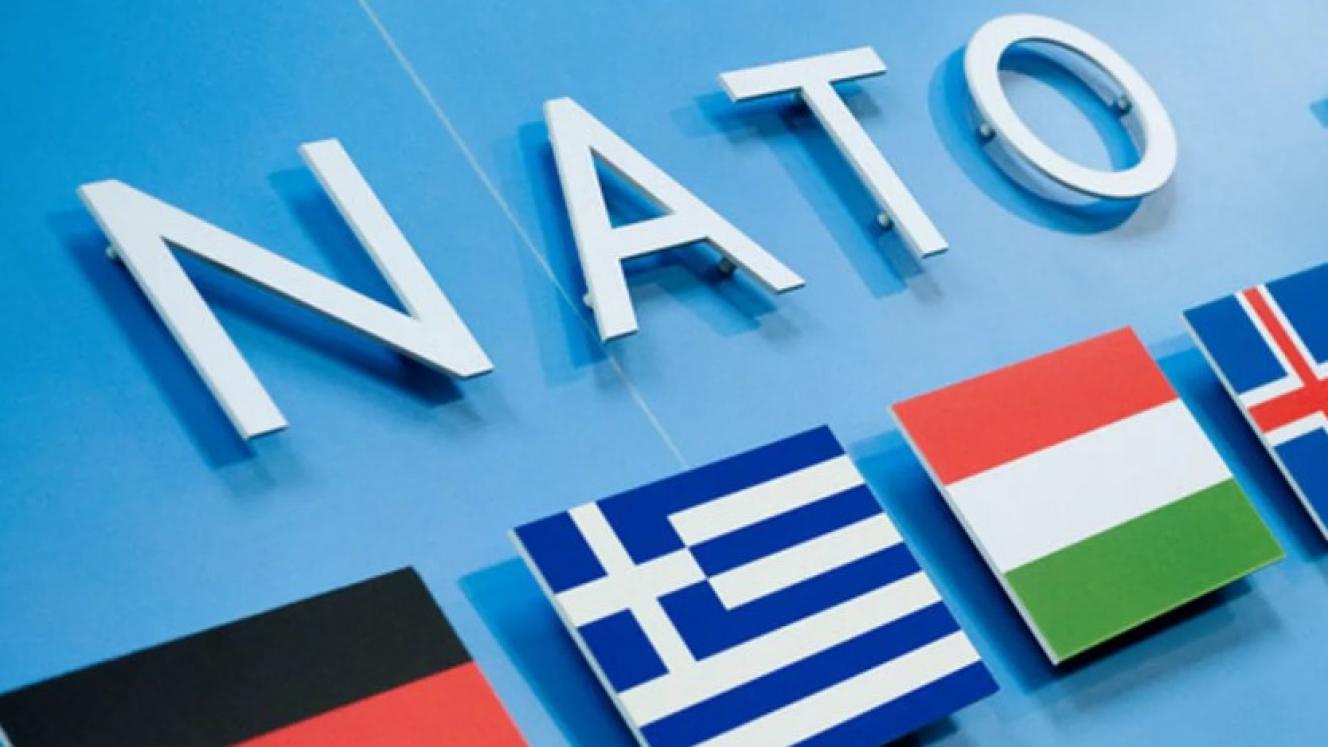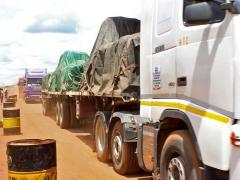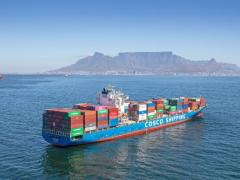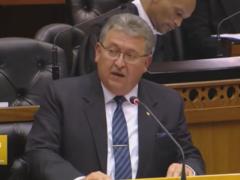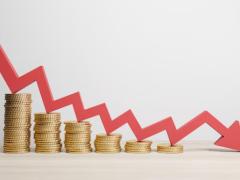An acknowledged unpaid bill for at least $15 million has resulted in Turkish company Karpowership Holdings pulling the electricity plug on Guinea-Bissau’s capital of Bissau - the second such action in Africa after it did so in Sierra Leone’s capital Freetown last month over an unpaid bill of $40m.
The Bissau cut disrupted daily life, with hospitals affected and radio stations off air.
Economy Minister Suleimane Seidi acknowledged the arrears this week, saying most of the bill would be paid in 15 days.
Karpowership is one of the world's biggest floating power plant operators, supplying several African states.
But it has taken a tough line over non-payment. The Turkish company has also signed a deal to supply power to South Africa, saying it will cover more than 5% of the country's total electricity needs.
Power was cut in Bissau, a city with a population of more than 400 000, in the early hours of Tuesday and has not been restored, according to a resident.
Some public hospitals are now using generators to carry out surgery, local media reports say, as heat reaches 40 degrees.
State-run Rádio Nacional is among media outlets that have stopped broadcasting.
Karpowership says it has been supplying 100% of Guinea-Bissau's electricity since signing a five-year agreement with the state-owned electricity and water utility company in 2019.
The country is one of the poorest in the world and has been beset by instability since independence.
"Unfortunately, following a protracted period of non-payment, our [floating power plant] is now unable to continue operating," a Karpowership spokesperson was quoted by the Reuters news agency as saying.
"We are working around the clock with officials to resolve this issue and we aim to have generation back online as soon as possible," the spokesperson added.
Guinea-Bissau’s Energy Minister, Isuf Baldé, said $6m of the $15m bill had been paid.
Karpowership supplies electricity to six other African countries - Ghana, The Gambia, Ivory Coast, Mozambique, Senegal and Sierra Leone.
Its involvement in the electricity sector is the latest example of Tukey's growing influence in Africa.
Although access to electricity has increased in sub-Saharan Africa in recent years, it still remains low, with more than 50% of the region's population having no grid connection, according to the United Nations Conference on Trade and Development.
